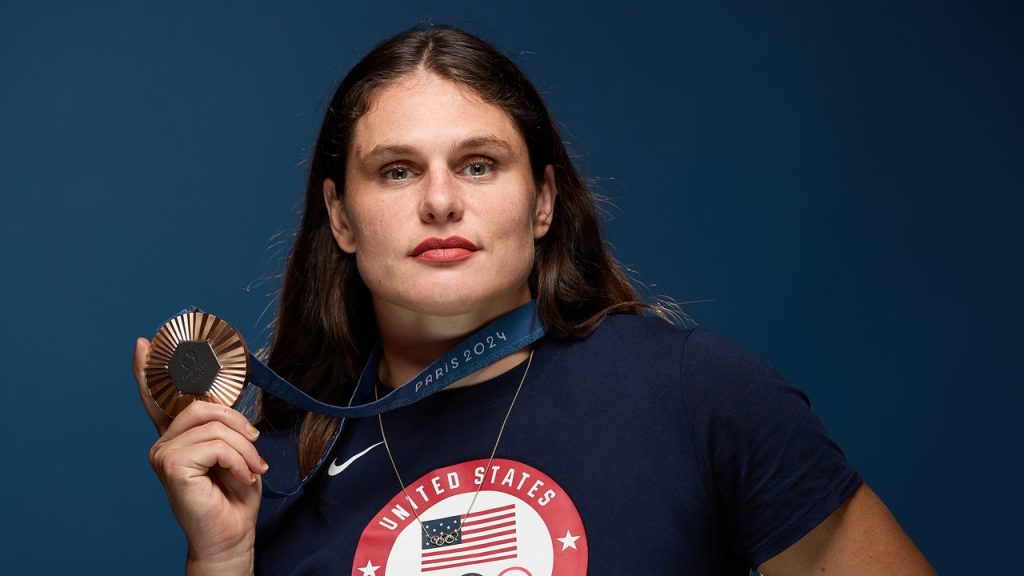Summarize this content to 2000 words in 6 paragraphs This week, the USA women’s rugby team won their first-ever medal at the Paris Olympics. Team center Ilona Maher, who is known for her fun social media presence and wearing a red lip during games, is a reminder that the body mass index calculation, which was once considered a relevant way to assess a person’s health, may no longer be relevant in this day and age.TikTok contentThis content can also be viewed on the site it originates from.After sharing a video, Maher received criticism for her body. “I bet that person has a 30 BMI,” the commenter shared—which Maher quickly confirmed was actually true. “I do have a BMI of 30, well 29.3 to be more exact, and I’ve been considered overweight my whole life.”Of course, this feels like a tale as old as time, but also as new as GOAT Simone Biles being told by internet trolls to do something with her hair while successfully competing to become the most decorated gymnast in history.“I chatted with my dietician,” Maher continued in her TikTok video. “Because I go off of facts. BMI actually isn’t helpful for athletes because it just goes off of height and weight and what that equals. I’m 5’10” and 200 pounds. And I have about 170 pounds of lean mass on me. But BMI doesn’t tell you what I can do on the field or how fit I am.”There have long been calls for the BMI system to be reevaluated or thrown out, specifically because of the flatness that Maher calls out. Earlier this summer, the American Medical Association acknowledged that BMI is “an imperfect way to measure body fat in multiple groups given that it does not account for differences across race/ethnic groups, sexes, genders, and age-span,” stating that, for now, it should be used in conjunction with other health-evaluating systems.Until then, Maher found a succinct way to sum it all up: “Alas, I’m going to the Olympics and you’re not.” Right on.


